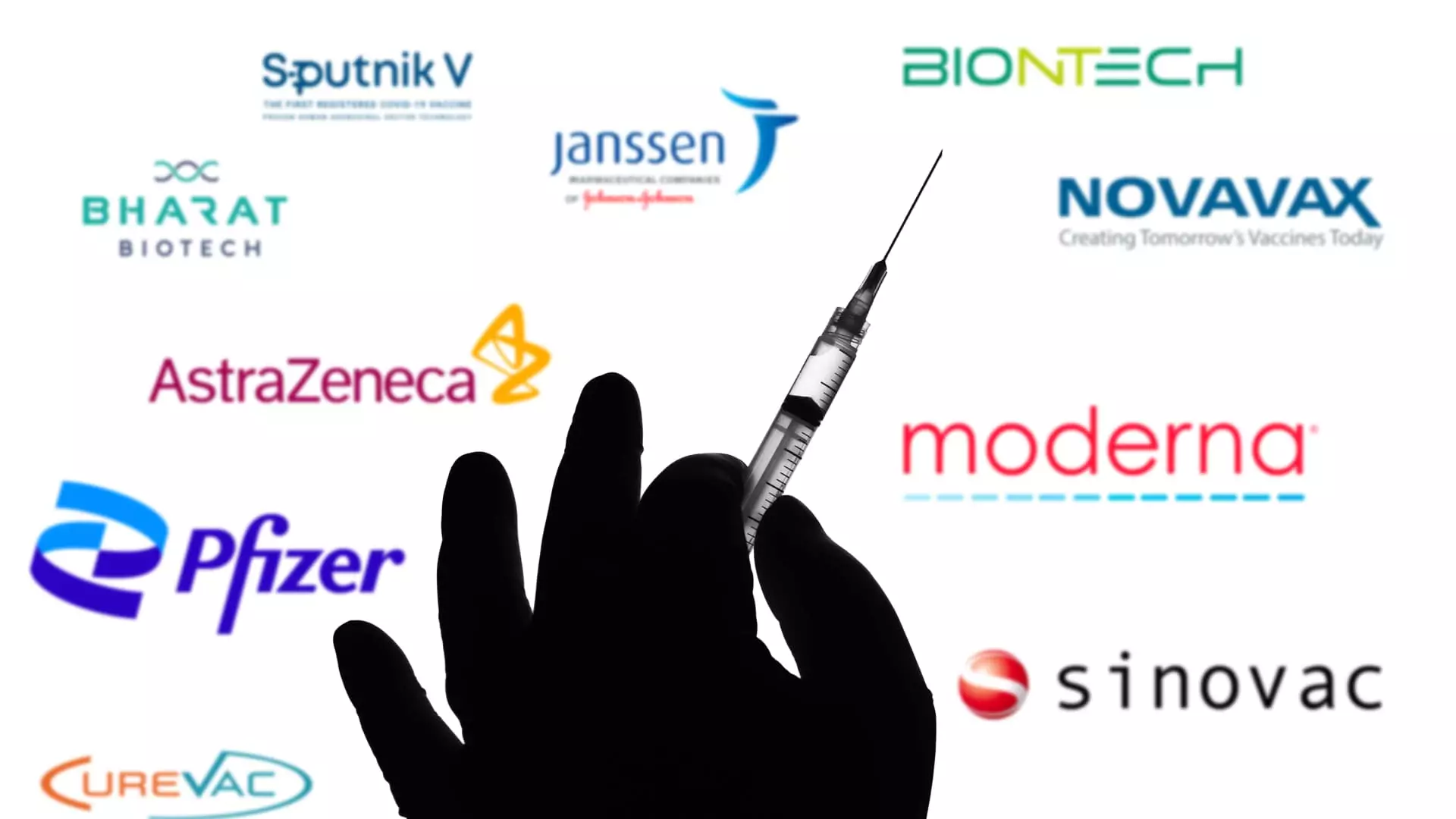The recent resignation of Peter Marks, the FDA’s leading vaccine regulator, has sent tremors through the healthcare and biotech industries. Marks’ departure is not merely a shake-up in personnel; it signals an alarming trend that could have deep and lasting repercussions on public health. His decision to leave, prompted by the controversial views of Health and Human Services Secretary Robert F. Kennedy Jr. on vaccination, raises concerns regarding the integrity of the approval processes for lifesaving medications and vaccines, especially amid a still-recovering landscape shaped by the COVID-19 pandemic.
Despite the promise of innovative treatments, the unsettling reality is that confidence in vaccines is eroding at a critical juncture. Marks highlighted this fact in his resignation letter, where he condemned Kennedy’s promotion of misinformation surrounding immunization—a battle that has been brewing for years. To dismiss these concerns is to overlook the very real damage this rhetoric inflicts upon public trust in science and medicine.
The Ripple Effect on Biotech
Marks’ exit had immediate financial consequences for companies reliant on vaccine sales. Stocks for prominent vaccine manufacturers like Moderna and Novavax plummeted, reflecting investor anxiety over the potential stagnation of FDA approvals under Kennedy’s leadership. Such volatility in the biotech sector is not merely the unpredictable nature of the market; it is a direct response to the perilous implications posed by an anti-vaccine narrative taking root at the highest levels of public health administration.
Analysts are right to worry about the FDA’s mission becoming compromised by political ideologies that favor conjecture over scientific consensus. The agency’s independence has long stood as a cornerstone for medical advancements. With a politically charged environment corrupting the discourse, the capability of biopharmaceutical innovations to reach the public safely and effectively is at stake. The fear is palpable that this departure foreshadows a broader downturn in confidence across the industry.
A Strain on Public Health
Kennedy’s well-publicized skepticism of routine vaccines poses a direct threat not only to ongoing medical research but also to the foundations of public health itself. His dismissal of the seriousness of diseases like measles, compounded by a revival of debunked studies linking vaccines to autism, creates an unsettling atmosphere for healthcare professionals and advocates. The danger lies not only in his words but in the potential actions that could follow. Amidst these developments, the CDC’s exploration of outdated vaccine-autism links, coupled with Kennedy’s influence, suggests a dangerous willingness to entertain pseudoscience as a legitimate discourse.
This is not just about vaccines; it is about the determination of our healthcare policies at large. When misinformation prevails, and the agencies designed to protect public health become politicized, the fallout can be catastrophic. We are now witnessing unsettling trends where health recommendations may be dictated by ideology rather than evidence-based science.
The Path Forward for Regulatory Integrity
While it may be premature to assume doom, with the FDA’s operational efficacy hinged so heavily on individual leaders, a reassessment of its regulatory landscape is warranted. Marks’ resignation might be a catalyst prompting a more rigorous discussion about the importance of agency independence from political pressures. The public deserves assurance that decisions made about their health are grounded in scientific integrity and not overshadowed by partisan agendas.
Moreover, upon the appointment of a new FDA head, there will be an essential need for this individual to be committed to upholding rigorous standards. Stock analysts remain cautiously optimistic, recognizing that the successor could steer the agency back towards a path where science reigns supreme.
The road ahead is fraught with challenges, and as this drama unfolds, it positions the world of health care on a precarious edge. In standing against the tide of misinformation, a collective and strategic response will be imperative to safeguard not just the future of vaccines but the trust that public health necessitates to flourish. Taking robust stances against misleading claims and fostering transparency must remain front and center while we navigate these turbulent waters.

